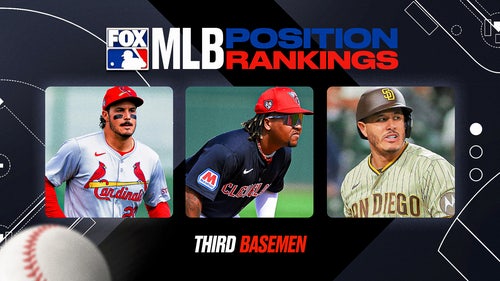
Remember when: Anniversary of first Twins no-hitter

Fifty-three years ago, Jack Kralick provided a first in Minnesota Twins history and nearly put himself in extremely rare company. On Aug. 26, 1962, Kralick tossed the first no-hitter for the Twins and came within two outs of recording a perfect game.
The Twins entered that day just four games out of the division race at 73-59. Meanwhile, the Kansas City Athletics were in ninth place in the 10-team American League at 60-71. However, the A's did have the league's best batting average entering the contact at Metropolitan Stadium, including the league's No. 2 and 3 best in Manny Jimenez (.314) and Norm Siebern (.312). In addition, Jerry Lumpe was batting .303 and several others were at .280 or better.
The left-handed Kralick, who signed with the Washington Senators in 1958 after being released by the White Sox without ever pitching in a game for Chicago, was just 9-8 with a 4.22 ERA, although he has won his last three decision and had lowered his ERA by 30 points over his last five starts.
Thus, there wasn't much to expect from the over 23,000 fans at the Met, other than a likely Twins victory on a beautiful -- but windy -- day.
Kralick wasn't known for having an overpowering fastball, but in the first inning he was having trouble gripping the ball when trying to throw a curveball, so he and catcher Earl Battey went with just Kralick's fastball and slider, and, as the pitcher would note after the game, a changeup or two.
Fortune was with Kralick early as the wind knocked down leadoff hitter Bobby Del Greco's fly in the first inning for a harmless out. His defense backed him up later.
In the fourth, Bob Allison robbed Ed Charles of a home run by jumping and reaching over the right-field fence to grab the long fly.
"That had to be the play of the game," Kralick would say post-game.
In the fifth, second baseman Bernie Allen made a nice play on a slow roller to get Gino Cimoli ("I thought it was an infield hit," Kralick said) and third baseman Rich Rollins snagged a hot shot off the bat of Wayne Causey ("That might have been the hardest hit they got," Kralick noted).
At that point, though, the game was still scoreless. In the bottom of the seventh, though, the Twins would get Kralick his run, thanks in part to the pitcher himself.
Allen led off with single and Zoilo Versalles bunted, but both he and Allen were safe. That allowed Kralick to bunt both runners over into scoring position, where Allen would score on a Lenny Green fly to center.
Now it was up to Kralick, who had set down all 21 batters he faced. In the eighth he set down 4-5-6 hitters Siebern, Cimoli and Jimenez.
"The sixth, seventh and eighth (innings) slipped by so fast I realized I wasn't thinking too much about it," Kralick answered when asked if he thought about pitching a no-hitter. "All of a sudden it was the ninth and I was just trying to get them out. After all, we had only one run and I wanted us to win more than anything."
After getting Causey on a grounder to open the inning, Gene Alusik stepped in as a pinch hitter. Kralick had faced Alusik three times previously in 1962, with Alusik 1 for 3, although the lone hit was a home run. Alusik worked the count full then fouled off a pitch. Kralick's next delivery was high and outside for ball four. The perfect game was over.
"Alusik usually hits me pretty good," Kralick would say afterwards. "I figure as it turned out it was better for me to walk him than have him hit a good pitch. The pitch barely missed, that's all."
Kralick retired the next two hitters to finish off the no-hitter. After the final out, the UPI reported "his teammates mobbed him and the crowd of 23,224 gave him a standing ovation."
Still, he was one out -- or one pitch -- away from perfection. There hadn't been a perfect game in the regular season in the major leagues since 1922. But Kralick, at least publically, didn't seem to mind.
"It doesn't make any difference to me -- a no-hitter or a perfect game," he told reporters after the game. "I suppose it's a little nicer to be a perfect game, but it really makes no difference to me. I'm plenty satisfied."
Kralick might not have been perfect, but he did go down in history as the only pitcher to throw a no-hitter in Minnesota's Metropolitan Stadium.
Follow Dave Heller on Twitter




